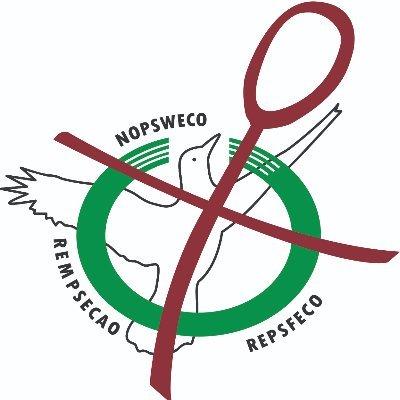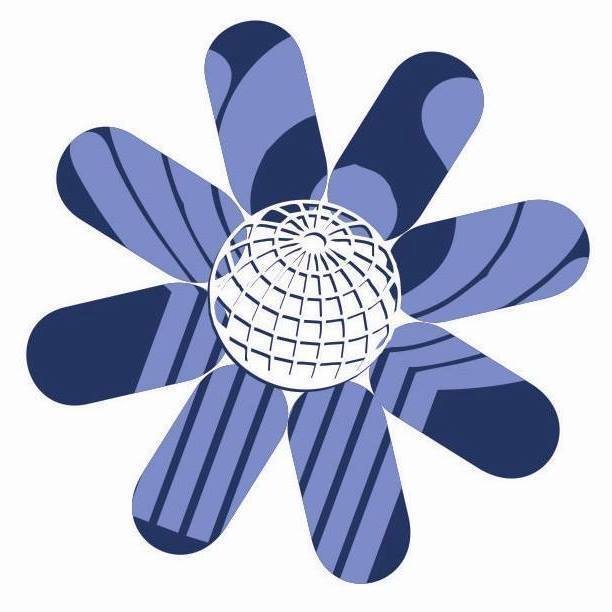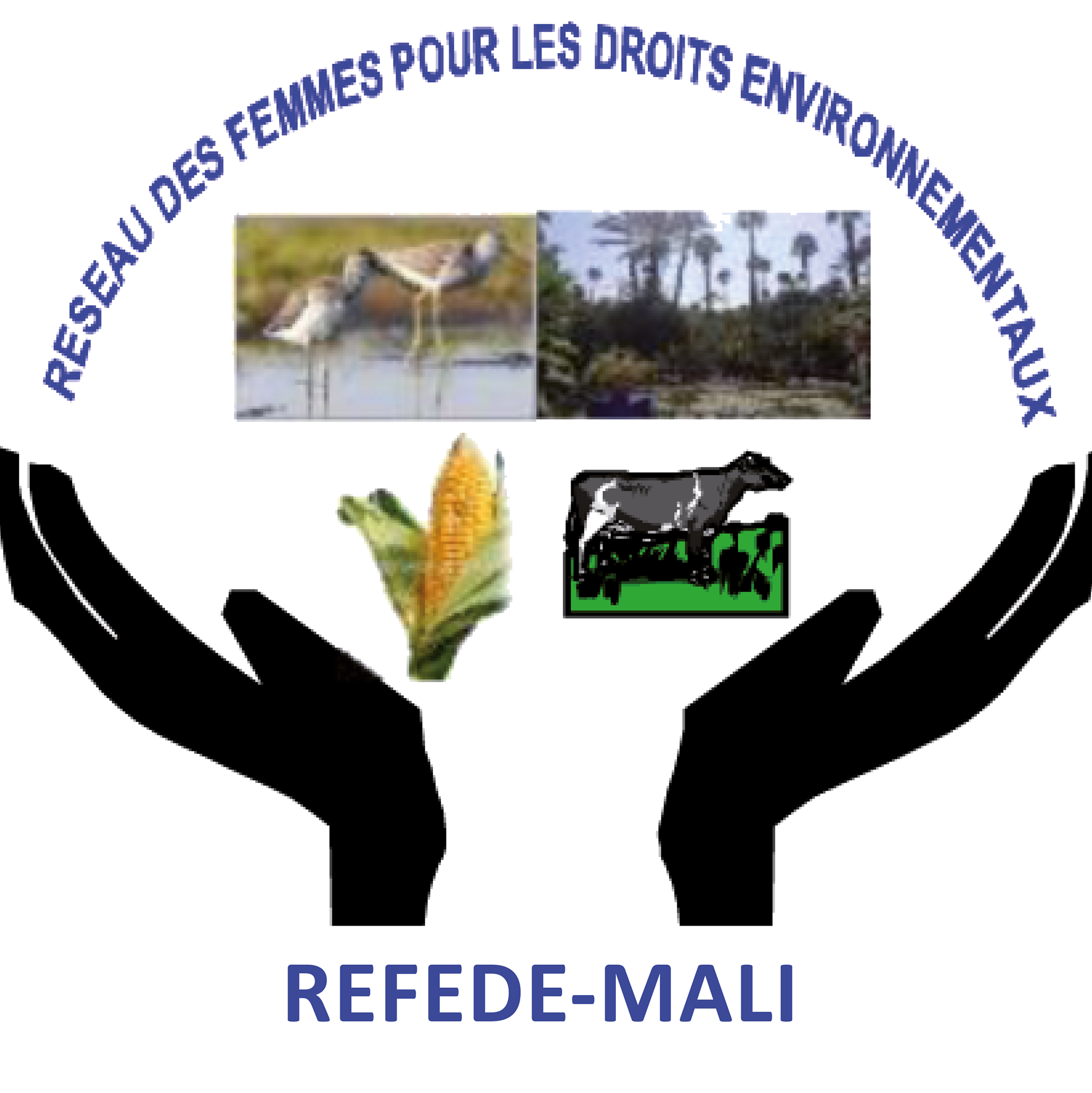Breaking barriers, building futures: five gender & security organizations to watch
Violence against women and girls is the most pervasive and widespread human rights violation around the world. Every year, on 25 November, the International Day for the Elimination of Violence against Women is an opportunity for reflection, awareness-raising, and mobilization against the violence and other forms of oppression that women face. The date was chosen in 2000, in honor of the Mirabal sisters, three political activists from the Dominican Republic who were brutally assassinated in 1960.
To mark the International Day for the Elimination of Violence against Women, DCAF is featuring five organizations that we partner with on initiatives to improve gender equality in the security sector. The projects range from promoting women’s meaningful participation in peacekeeping operations, to addressing violence and inequalities that women face in their everyday lives. Civil society organizations such as these play a vital role in improving the security sector by advocating for reforms and holding security institutions publicly accountable for respecting human rights and the rule of law.
Read our brief profile of each organization and check their websites and social media profiles for more information and to follow their work.
Development Research Initiative (dRi) in Bangladesh

Development Research Intiative (dRI) is an independent consultancy, research, and evaluation centre based in Bangladesh. Founded in 2012, it has conducted research and analysis on more than 15 aid and development-related thematic areas, including food security and nutrition, health and sanitation, education, and gender rights and violence.
We collaborated with dRi to help the Bangladesh Armed Forces assess and measure the opportunities for women in their peacekeeping operations, one of numerous projects within their gender rights and violence theme.
dRi’s work under this theme also includes studies of how labor rights, gender-based violence, economic inequality, and child marriage affect development in Bangladesh.
Follow dRi on Facebook and LinkedIn for insight on gender equality and other issues related to sustainable development in Bangladesh.
Réseau Paix et Sécurité pour les Femmes de l'Espace CEDEAO (REPSFECO) in Senegal

This Senegalese civil society organization was established in 2009 to implement the gender policy of the Economic Community of West African States (ECOWAS)’s Centre for Gender Development.
It supports women’s roles and initiatives in conflict prevention, maintenance of peace and security, and post-conflict reconstruction operations. REPSFECO also promotes human rights, particularly those of women and other vulnerable groups, as part of helping to sustain peace in the ECOWAS region.
Its mission is two-fold: to promote female leadership in peacekeeping and the armed forces and to strengthen, coordinate, and optimize women’s initiatives in conflict prevention and human rights defense. In Senegal, DCAF supports REPSFECO in the implementation of the Senegal Ministry of the Armed Forces’ Gender Sector Strategy.
Follow REPSFECO on Facebook and LinkedIn to keep up to date with their work on gender in West African security, peacekeeping, and human rights.
Civil Council on Defense and Security (CCDS) in Georgia

The CCDS is a non-governmental organization which supports democratic reforms and Euro-Atlantic integration in the Georgian security and defense sector. Launched in 2005, it provides a platform for awareness-raising and public debate about the security sector, promotes civil society oversight, and strengthens professional and governmental expertise in nuclear security.
Among its range of activities, the CCDS advocates for diversity, equity, and inclusion in Georgian defense institutions. It does this through policy papers, expert interviews, professional workshops, and media engagement. DCAF has previously partnered with the CCDS to provide professional development and leadership workshops for women in Georgian security institutions.
Check out these resources and more to learn about inclusive security in Georgia on the CCDS web platform, Diversity and Inclusion in the Security Institutions.
Liga Internacional de Mujeres por la Paz y Libertad (LIMPAL) in Colombia

LIMPAL is the Colombian office of the Women’s International League for Peace and Freedom (WILPF). At 104 years old, WILPF is known as the oldest pacifist women’s organization in the world, with core values of feminism, pacifism, and antimilitarism.
In Colombia, LIMPAL supports the implementation of the United Nation’s Security Council Resolution 1325 on “Women, Peace and Security,” promoting disarmament, reintegration, and reconciliation from an intersectional feminist perspective. They strengthen local organizations empowering women’s political agency to work toward their vision of a society free from violence.
LIMPAL Colombia supports young women activists in their peacebuilding advocacy, conducts ecofeminist analysis, promotes dialogue on the harms of masculinities, and provides antimilitarist trainings. DCAF has been involved with LIMPAL Colombia as part of our gender, climate change, and security programming.
Follow them on X, Facebook, and LinkedIn.
Réseau des Femmes pour les Droits Environnementaux (REFEDE) in Mali

Created in 2013, REFEDE Mali is a network which promotes economic autonomy for women and vulnerable groups while protecting the local environment from degradation, through trainings, advocacy, and local projects. One such local project that illustrates their dual focus is a partnership with the UNDP to subsidize access to solar energy technologies for villages which supports their green transition while mitigating climate change-related production losses.
They contributed expertise and advice to our gender, climate change, and security programme and publication, “Women Speak: the lived nexus between climate, gender, and security.”
Follow REFEDE Mali on Facebook and their President, Goundo Sissoko Kouyate, on LinkedIn.
 Share on Facebook
Share on Facebook Share on Linkedin
Share on Linkedin Share on Twitter
Share on Twitter